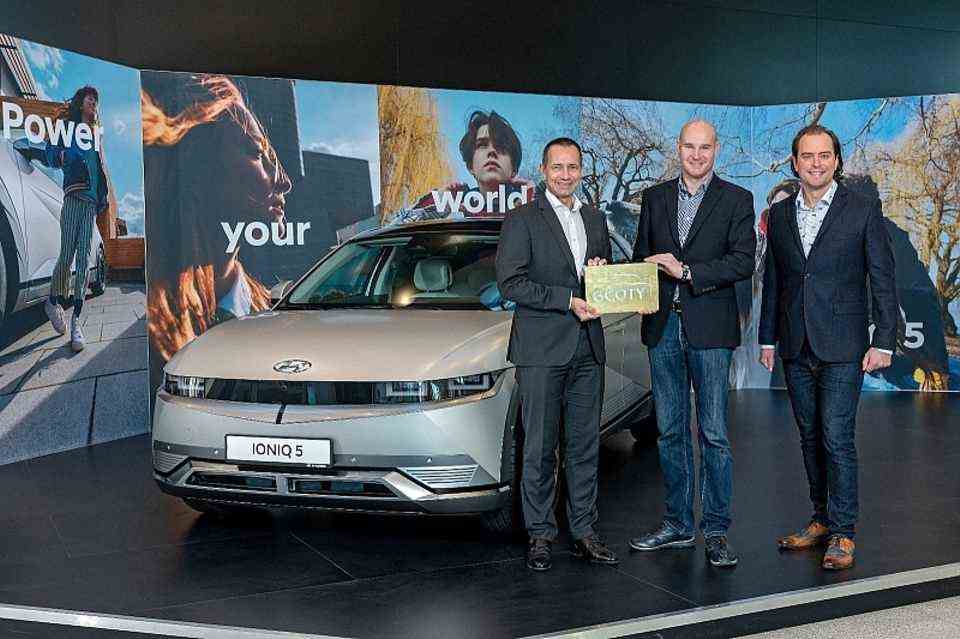GHG quota
Earning money with your own electric car – How it works from 2022
From 2022 onwards, an electric car can bring its owner real money thanks to a new bonus (symbol image)
© Michael Gstettenbauer / Imago Images
Report personal and vehicle data and collect money: owners of electric cars will be able to benefit from a new premium for their vehicle from next year. With a little effort, three-digit amounts can be achieved.
In addition to the purchase bonus from the federal government, owners of electric cars will benefit from another bonus in the future: The law on the greenhouse gas reduction quota (GHG quota) passed in May 2021 will come into force in the new year. Electric car owners can then practically sell the saved CO2 to fuel providers, for example. Because they are legally obliged by the GHG quota to reduce CO2 emissions – in the coming year, a reduction of seven percent will apply to companies.
Anyone who puts CO2-emitting fuels on the market and exceeds the prescribed maximum value must pay fines. However, fuel providers can support companies or even private drivers who bring renewable energies to the market. In return, they should benefit financially. This is where the owners of electric cars come into play: Oil companies can buy the CO2 savings from electric cars and incorporate them into their quota. Around 2000 kilowatt hours of energy per year and the difference in CO2 compared to petrol are taken into account for each electric car. From 2022, owners of an electric car will receive around 250 euros per year and electric vehicle. Contact information and the vehicle registration document are required for this.
Startups sell quotas from electric cars
The GHG quota was introduced in 2015 and began with a mandatory reduction of 3.5 percent. It is increasing step by step, so that fuel suppliers will have to cut CO2 emissions by at least 25 percent by 2030. The quota, which will continue to rise in the coming years, will allow owners of electric cars to benefit increasingly.
The process is not an easy one for drivers and fuel providers. Start-ups take advantage of this situation and collect the applications from electric car drivers, which they can submit online. The start-ups then forward this to the Federal Environment Agency and have a certificate issued stating the amount of electricity and its reduced CO2 emissions. In the meantime, they are selling the quotas to mineral oil companies – in exchange for cash. In addition to the share that the start-up collects, part of the total revenue also goes into the construction of solar systems or charging stations, for example.
Revenue potential per vehicle increased significantly
The start-ups Green Trax and Emovy reported to the “Handelsblatt” that they are currently very interested in quota trading. As a result of various regulatory measures and market developments in recent weeks, the GHG quota prices have risen sharply, which has significantly increased the revenue potential per vehicle. “This has made it much more attractive for private customers as well as corporate customers to participate in GHG quota trading through a suitable service provider,” says Matthias Kerner, Managing Director of Emovy.
So far, it does not matter whether the charging current used comes from renewable energy sources or is generated from fossil fuels. Rather, with the GHG quota introduced, the federal government wants to expand electromobility and advance production capacities for green hydrogen and advanced biofuels. In addition to electric car drivers, charging station operators will also benefit from the cash bonus from next year.
Sources: Federal government, BMU, time, The shareholder, Handelsblatt Print



